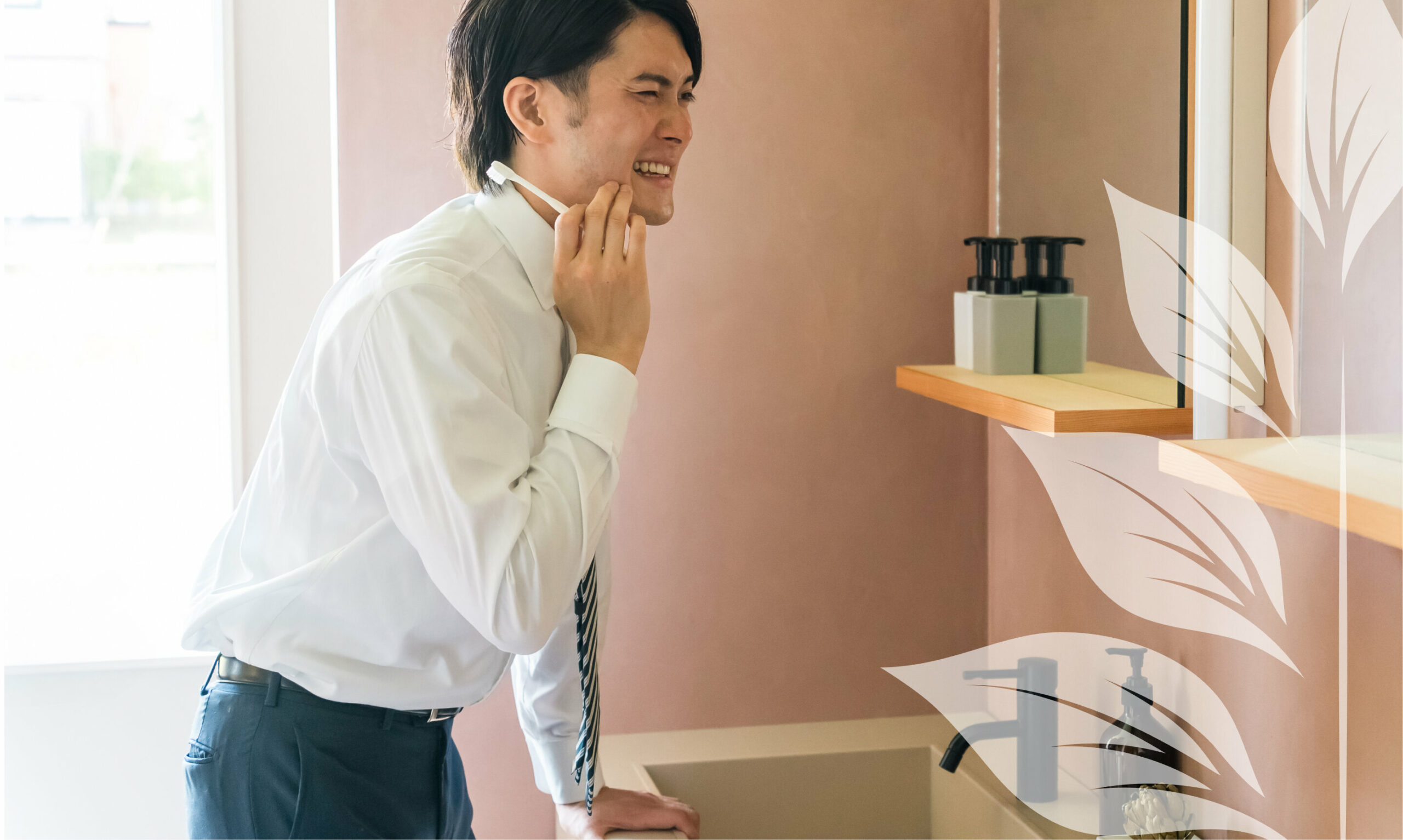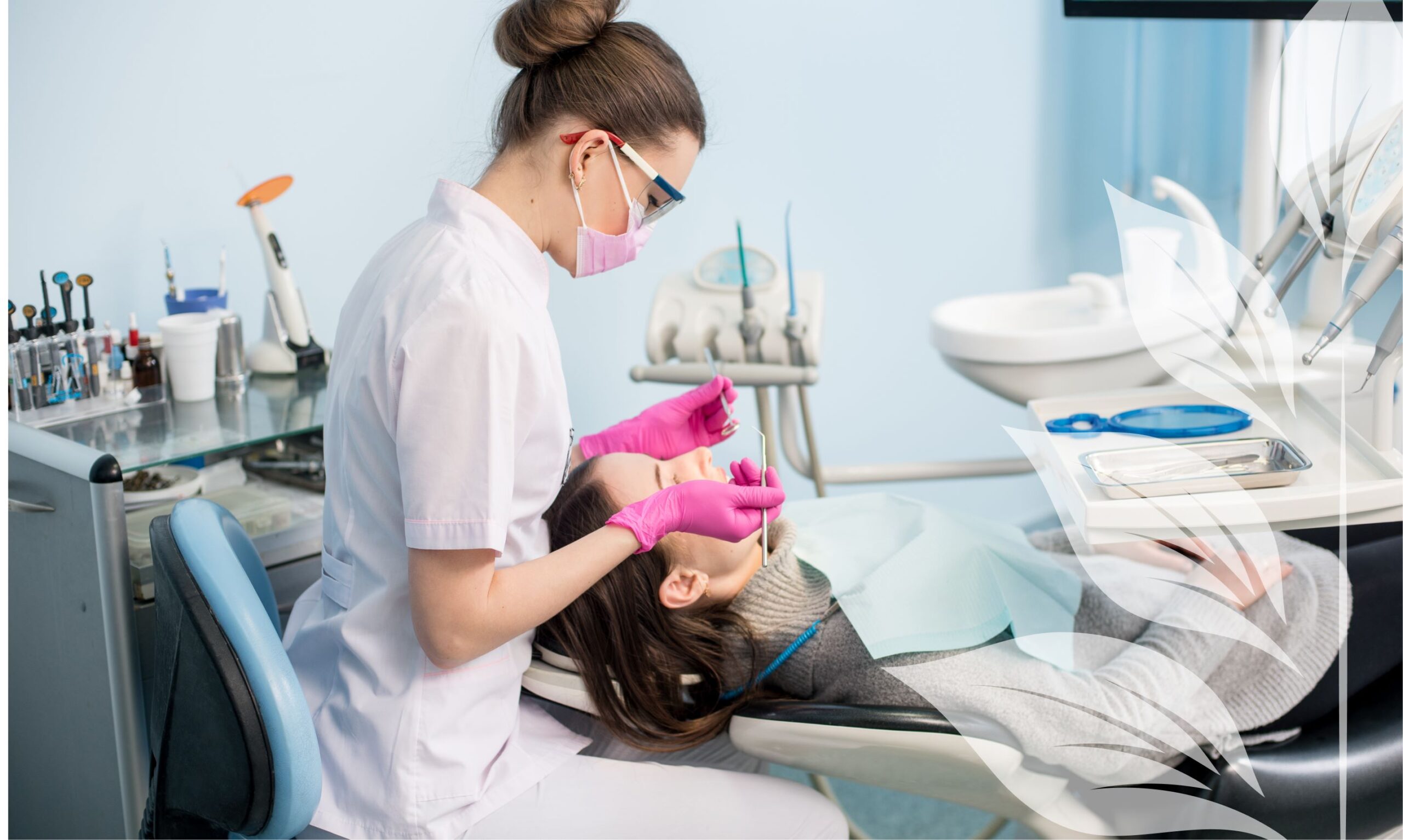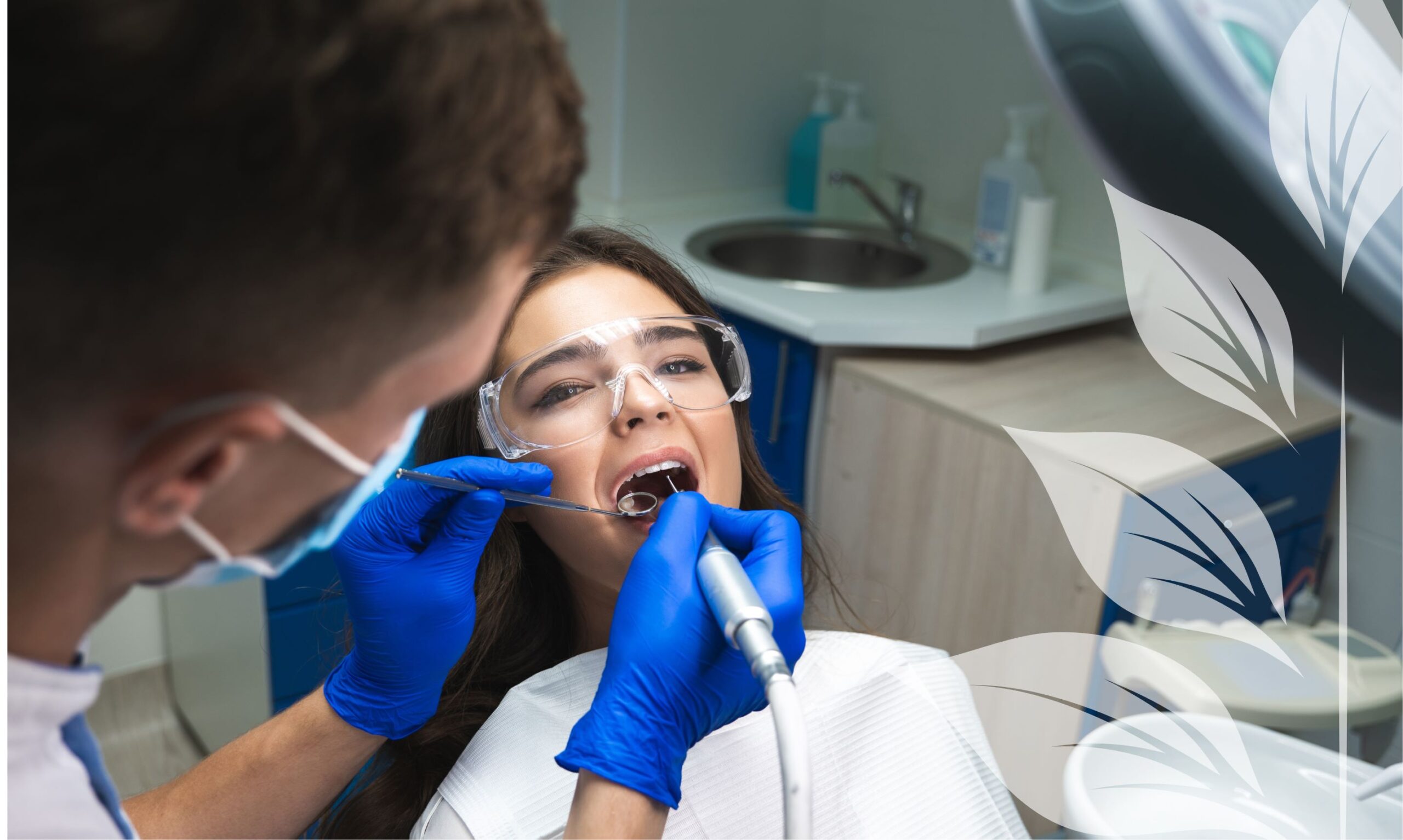When we’re brushing and flossing at home each day, we’re usually thinking about protecting our teeth from cavities. But what about gum disease? Unfortunately, this is a pretty big risk too, affecting about four in ten U.S. adults over the age of 30. Think about that for a second—that’s about 40% of the adult population.
Yet, here’s the thing. Gum disease, while it can be stopped in its early stages, can’t be reversed when it develops into its more serious phase of periodontitis. This is why it is so important that when you are practicing your oral health habits at home, you know how to spot the early signs of gum disease.
Early Signs of Gum Disease
Let’s not beat around the bush because gum disease is no laughing matter. When it gets out of hand, gum disease correlates with big-time illnesses such as heart disease, cancer, diabetes, rheumatoid arthritis, and more.
Here’s what to be on the lookout for.
- Red or swollen gums
- Gums that feel tender to the touch or when you are at rest
- Bleeding while brushing your teeth or flossing
- Long-lasting bad breath or bad taste in the mouth that just doesn’t seem to go away
- Receding gums, which result in your teeth looking longer than normal
- Loose or shifting teeth
- Formation of deep pockets between teeth and gums
- Presence of pus or a periodontal abscess
Spotting these signs early can make a significant difference in maintaining your oral health. If you notice any of these symptoms, schedule a visit with your dentist near Griffin, GA, as soon as possible to address the issue before it progresses.
Prevention and Early Intervention of Gum Disease
While it is highly advised that you schedule a visit with us if you experience any of the above signs and symptoms, there are other strategies to prevent gum disease in the first place. These same actions can help reverse early signs. So, if you are wondering how to stop bleeding gums and want to take a stand against gums that bleed during flossing, here’s what you need to do.
- Schedule regular dental check-ups and cleanings. Schedule visits to your dentist at least twice a year for professional cleanings and so they can catch any potential issues early.
- Practice oral hygiene each and every day. Brush your teeth twice a day, floss daily to get at the plaque that has built up between your teeth, and use an antimicrobial mouthwash to reduce bacteria.
- Make healthy diet and lifestyle choices. Eat a balanced tooth-friendly diet rich in vitamins and minerals, avoid sugary and acidic foods and drinks, and stay hydrated. Also, avoid tobacco products and limit alcohol consumption—smokers have twice the risk of developing gum disease as nonsmokers.
- Know how to brush your teeth. Use a soft-bristled toothbrush and replace it every three to four months. Brush gently in circular motions to avoid damaging the gums and brush for two minutes at a time.
- Use fluoride toothpaste. This helps strengthen tooth enamel and protect against decay.
- Manage stress. High-stress levels can negatively impact your immune system, making it harder for your body to fight off infections like gum disease. Stress can also make you more susceptible to bruxism and TMD.
- Stay informed. Educate yourself about the risks and signs of gum disease to stay proactive about your oral health.
Treatment Options for Gum Disease
One of the reasons it is so important to contact your dentist’s office near Griffin, GA, if you are experiencing signs of gum disease is because there are treatment options. We will assess your gum health and determine the best approach to either reverse the progression or stop it altogether.
Here are the most common gum disease treatments.
- Professional deep cleaning procedures (dental deep cleaning): This includes scaling and root planing to remove plaque and tartar from below your gumline and smooth out the roots to help your gums reattach to your teeth.
- Medications and mouth rinses to control infection: These can include antibiotic gels, antiseptic mouthwashes, and oral antibiotics to reduce bacteria and infection in the gums.
- Surgical options for advanced cases: In severe cases of gum disease, surgical treatments, such as flap surgery, bone grafts, and soft tissue grafts, may be necessary to restore gum and bone tissue.
Remember, early intervention is the best way to save your smile and prevent more serious health complications down the road.
Request an evaluation with Allred Family Dentistry near Griffin, GA.
If you are concerned about gum disease, want to know how to stop bleeding gums, or fear you have developed a periodontal abscess, we encourage you to request an appointment without delay. We will assess your situation and determine the best approach to periodontal therapy to help protect your teeth and gums.
Don’t put your oral health, or your overall health, at risk. Contact us today.





